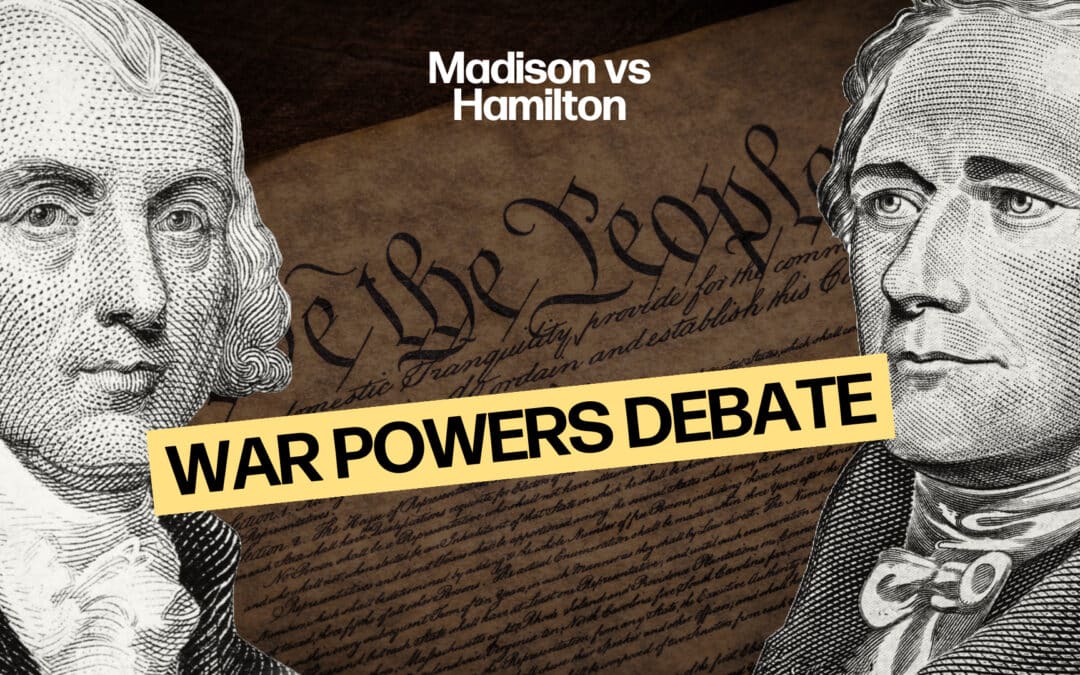
War Powers

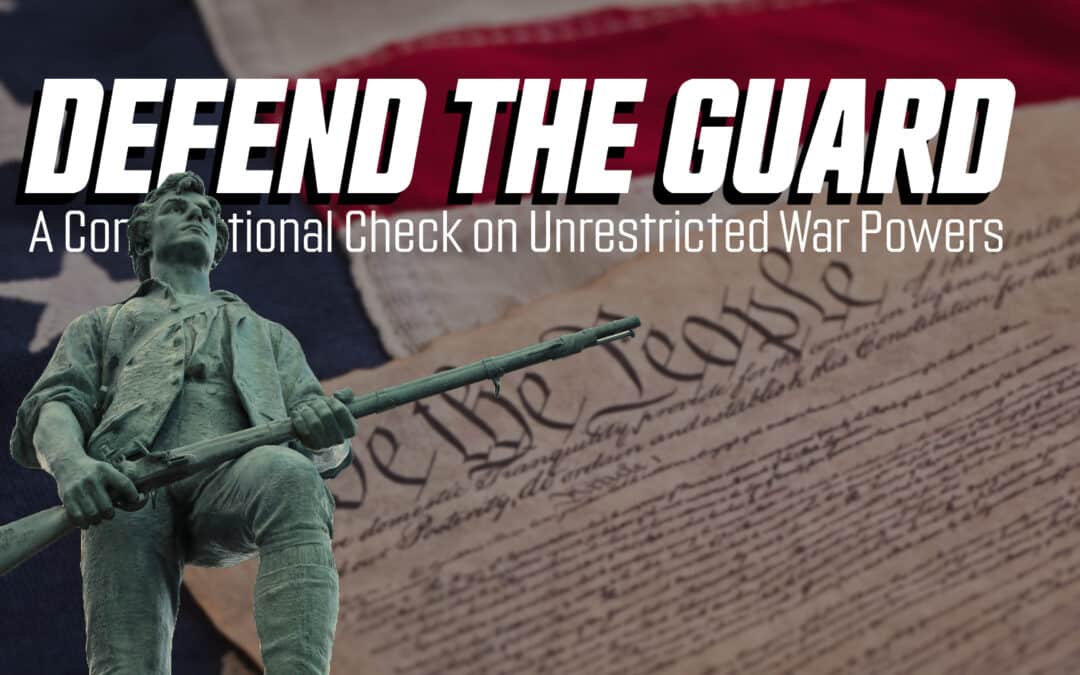
Defend the Guard: A Constitutional Check on Unrestricted War Powers
Presidential administrations come and go but the war machine churns relentlessly on. “Defend the Guard” legislation can throw a monkey wrench in its cogs. Defend the Guard is a state-level bill that would stop the deployment of a state’s National Guard units unless...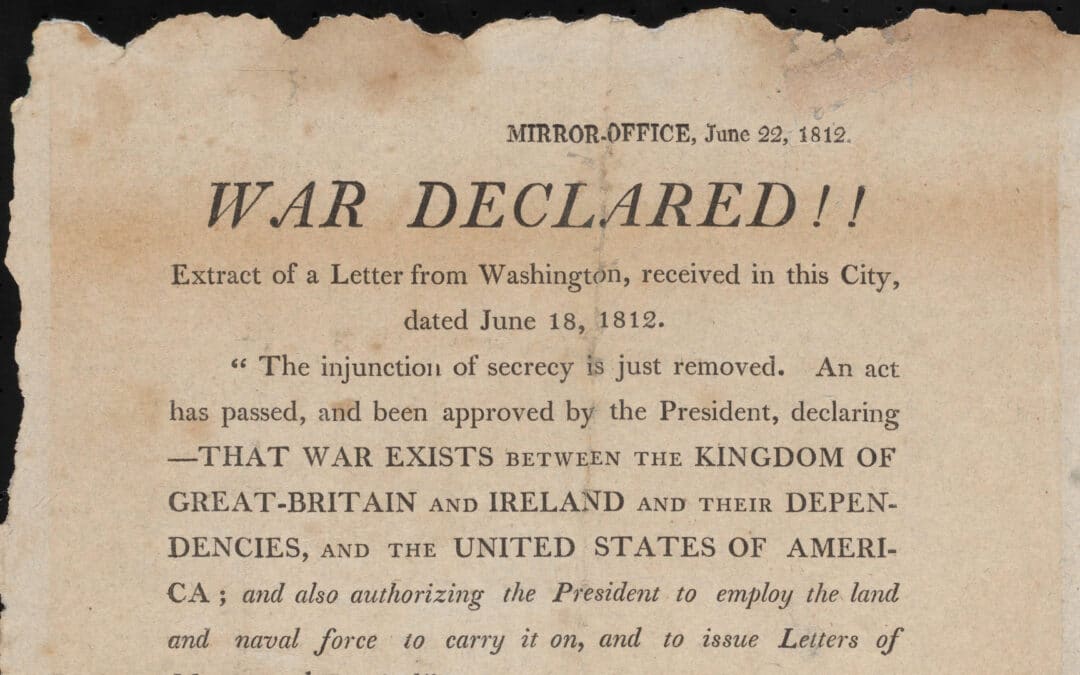
States vs. Feds: The 10th Amendment Battle Over Conscription in the War of 1812
“The last of all oppressions” That’s how Thomas Jefferson described the military draft. Because of widespread opposition to it, the federal government didn’t actively draft men into the military until the Civil War. But, during the War of 1812, it tried – and...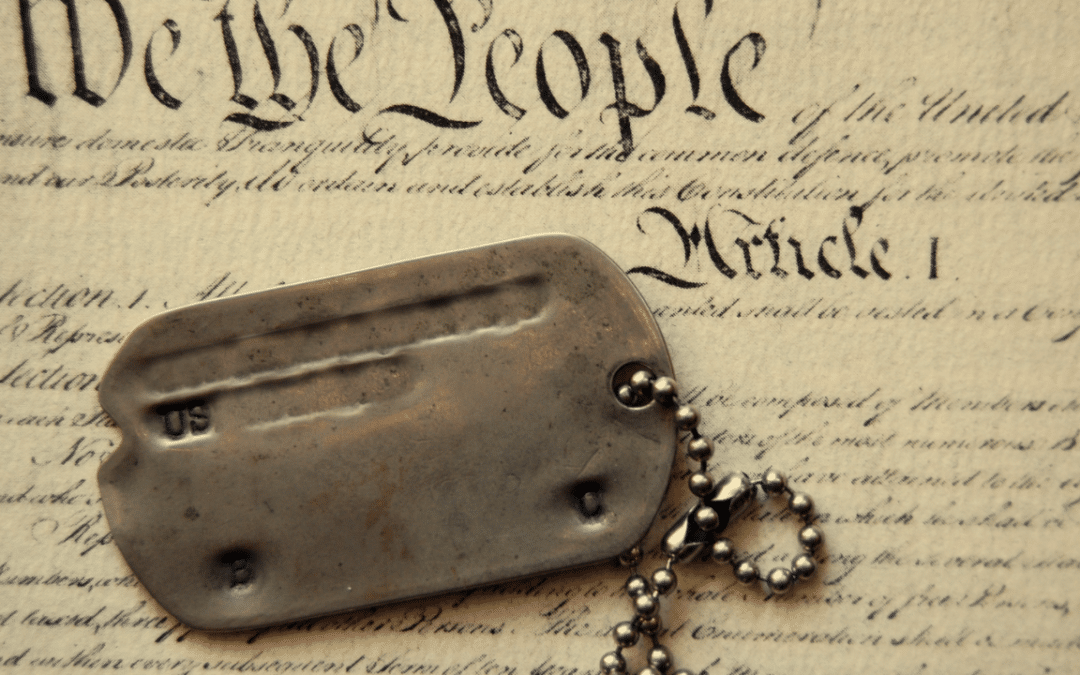
War and the Constitution
Can the president fight any war he wishes? Can Congress fund any war it chooses? Are there constitutional and legal requirements that must first be met before war is waged? These questions should be addressed in a national debate over the U.S. military involvement in...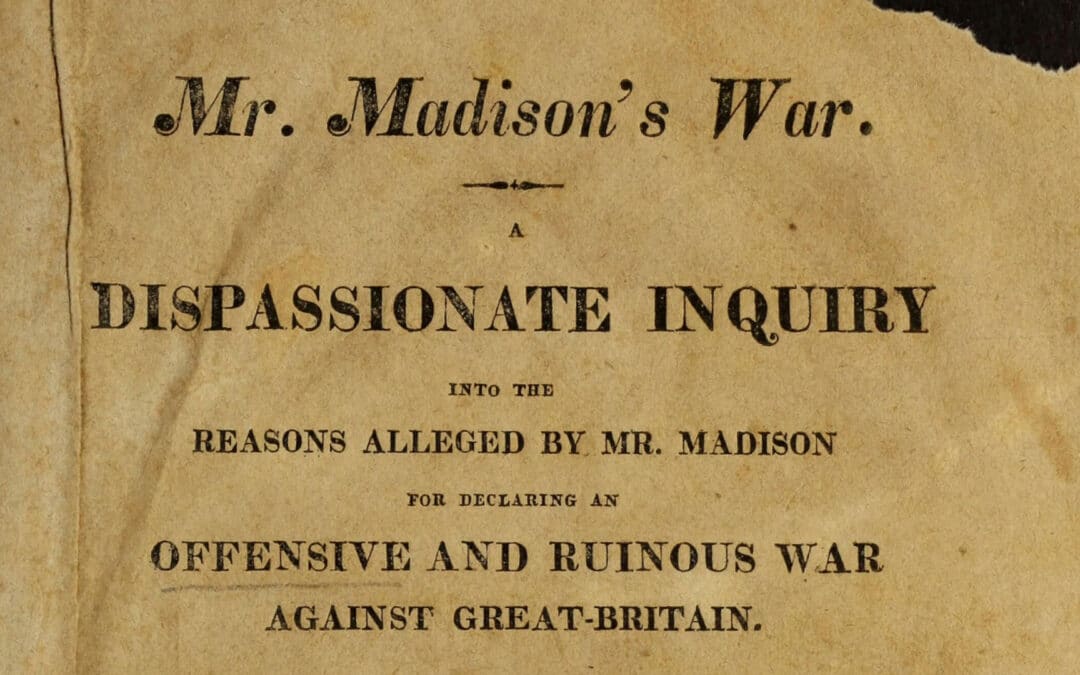
The War of 1812 and State Sovereignty: New England’s Militia Resistance Explained
Was the militia intended to be used as an offensive military force in foreign lands? During the War of 1812, New England states not only said no, but they used the principles of the 10th Amendment to actively interpose and resist federal demands for mobilizing the...